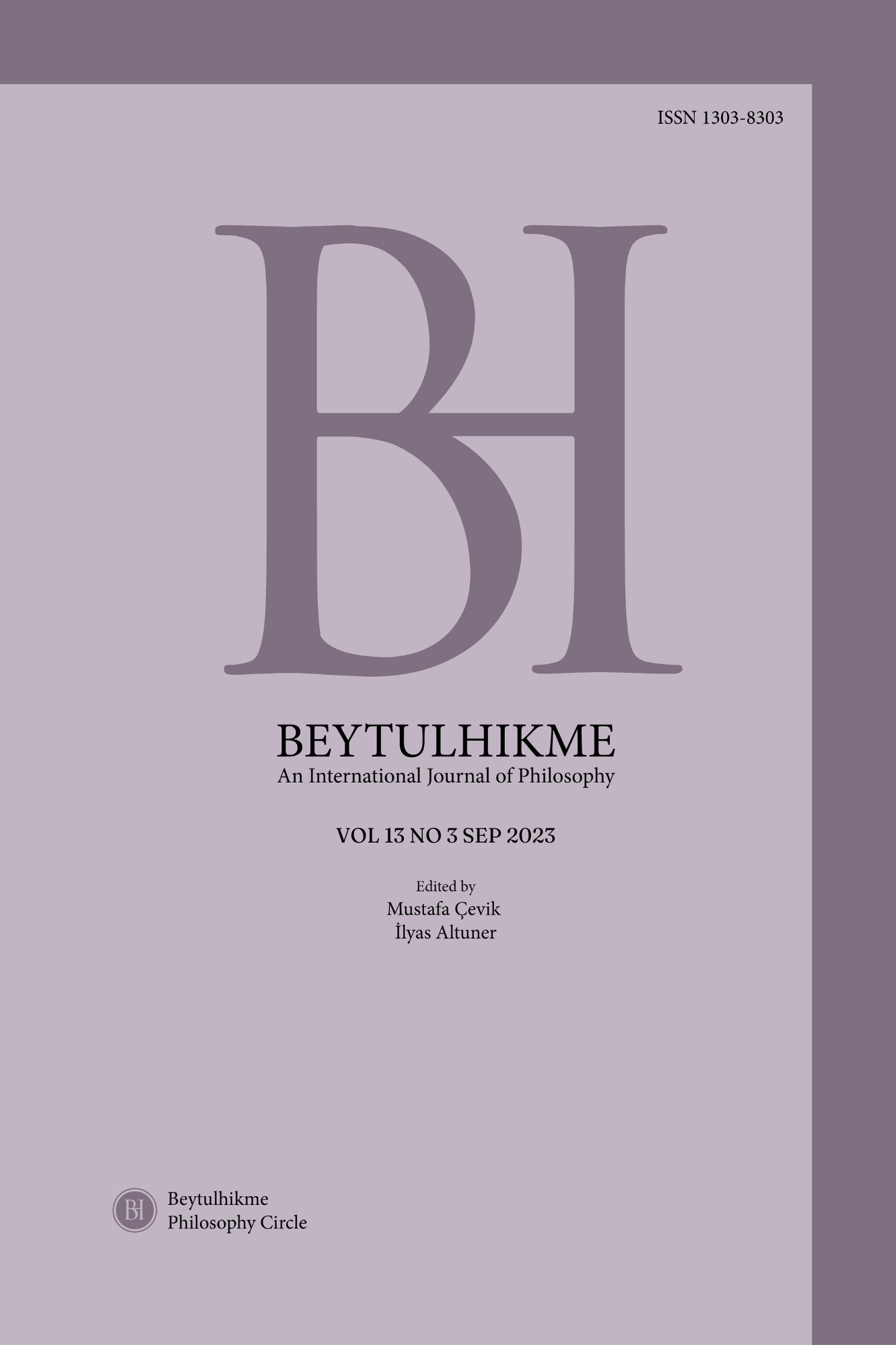Aristoteles’in “Adalet” Kavramının Günümüz Karşılıkları Örneğinde Felsefe Metin Çevirilerinin Doğası
Author :
Abstract
Felsefe metinlerinde kavramların erek kültüre aktarılmasıyla ilgili gerçekleştirilen farklı yorum ve yanlışlıklar, ahlak ve hukuk alanlarında küçük hataların büyük anlaşılmazlıklara yol açabilmesi sebebiyle, dikkat edilmesi gereken önemli bir husustur. Felsefe metinlerinin güçlüğü ve açık uçluluğundan dolayı yaşanan aktarım sorunlarını en aza indirgeyebilmek için hem kavramsal ilişkiler hem de kültürel perspektifler dikkate alınmalıdır. Bu amaçla disiplinlerarası nitelikteki çalışmamızda, felsefe metinlerinin nitelikleri ortaya konularak diğer metin türlerinden farkları vurgulanmıştır. Akabinde felsefe alanındaki çeviri faaliyetleri sürecinde, felsefî kavramların erek kültüre işlevsel bir biçimde aktarılabilmesinin imkânları ve yolları ayrıca irdelenmiştir. Bu çerçevede, Aristoteles’in “adalet” kavramı örneğinde, felsefe alanında kaynak kültürdeki kavramların erek kültürde karşılık bulması açısından ortaya çıkan sorunlara işaret edilmiş ve okurun yazara götürülmesini esas alan bakış açısı doğrultusunda felsefe metinlerinin işlevsel çevrisinin imkânı üzerinde durulmuştur.
Keywords
Abstract
Different interpretations and mistakes in the philosophical texts regarding the transfer of concepts to the target culture are essential issues to consider since small mistakes in morality and law can lead to significant misunderstandings. Both conceptual relations and cultural perspectives should be considered to minimize the transfer problems experienced due to the difficulty and open-endedness of philosophical texts. For this purpose, the characteristics of philosophical texts were revealed in our interdisciplinary study, and their differences from other text types were emphasized. Subsequently, in the process of translation activities in the field of philosophy, the possibilities and ways of functionally transferring philosophical concepts to the target culture were also examined. In this context, in the example of Aristotle's concept of "justice", the problems that arise in the field of philosophy in terms of finding a response to the concepts in the source culture in the target culture are pointed out. The possibility of the functional translation of the philosophical texts is emphasized in line with the point of view based on taking the reader to the author.





